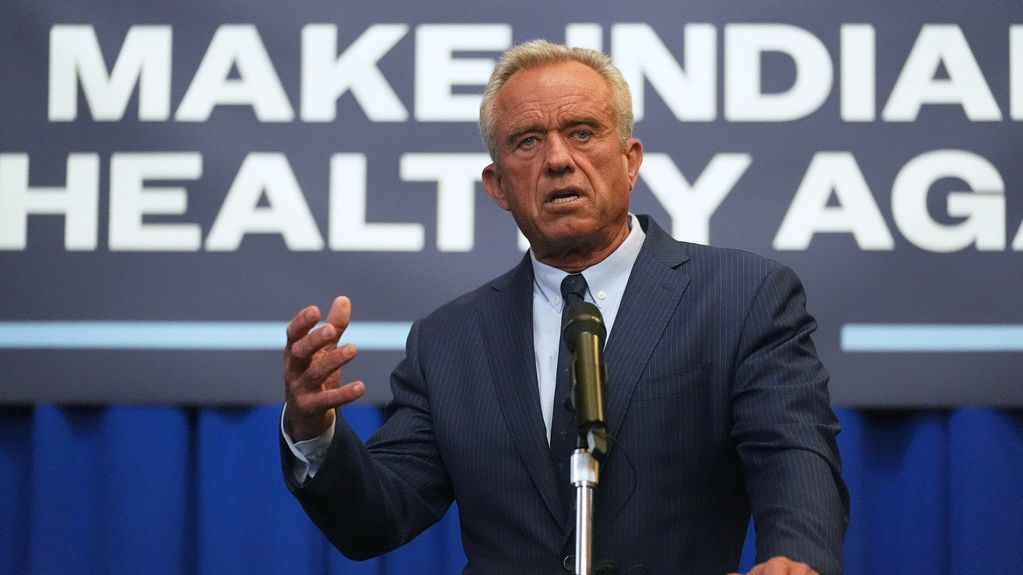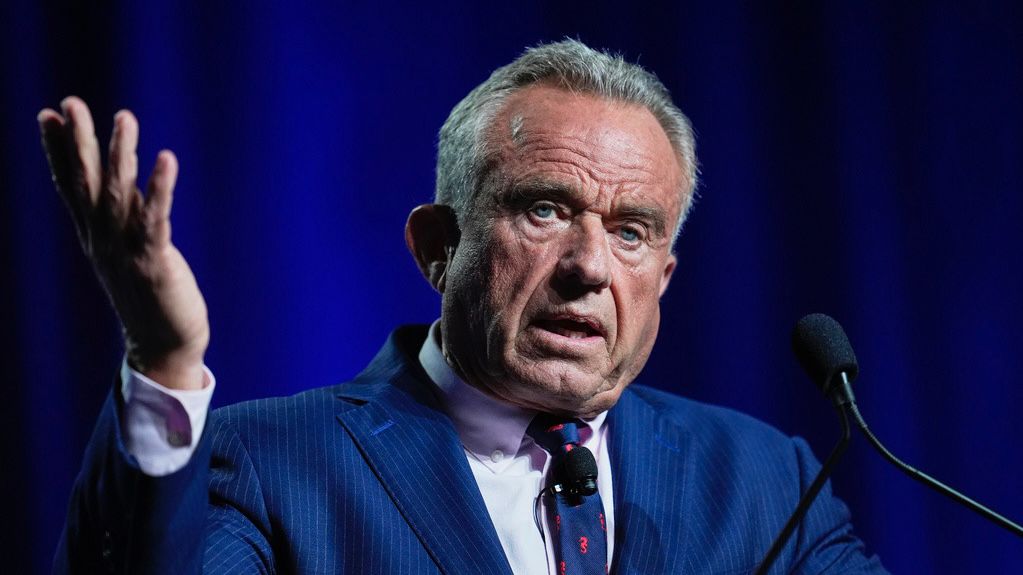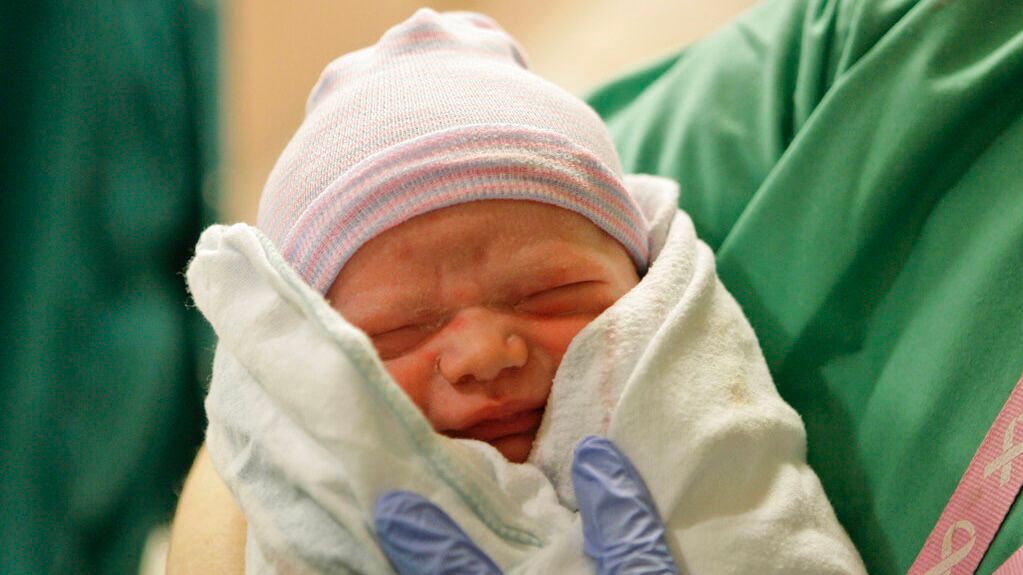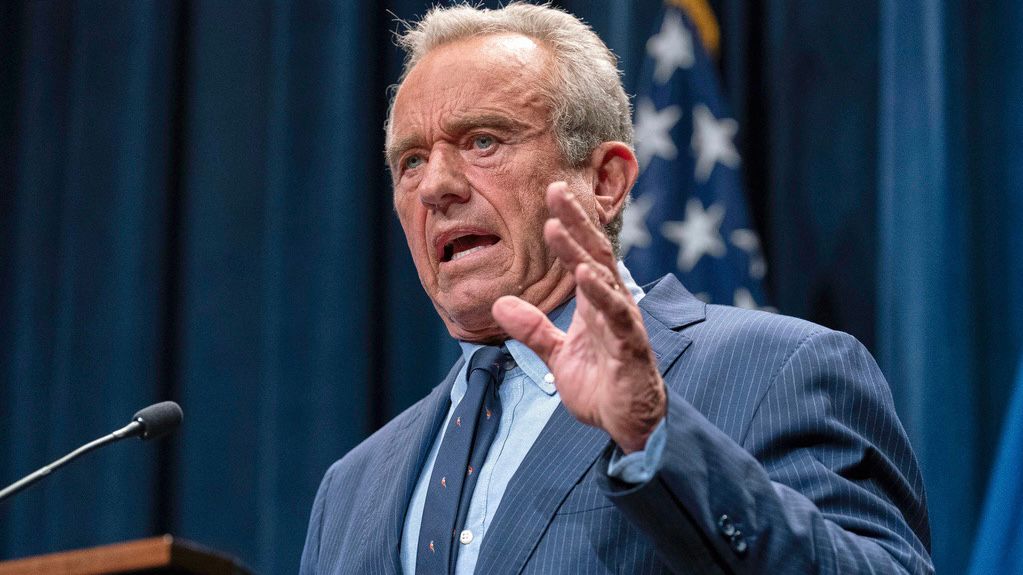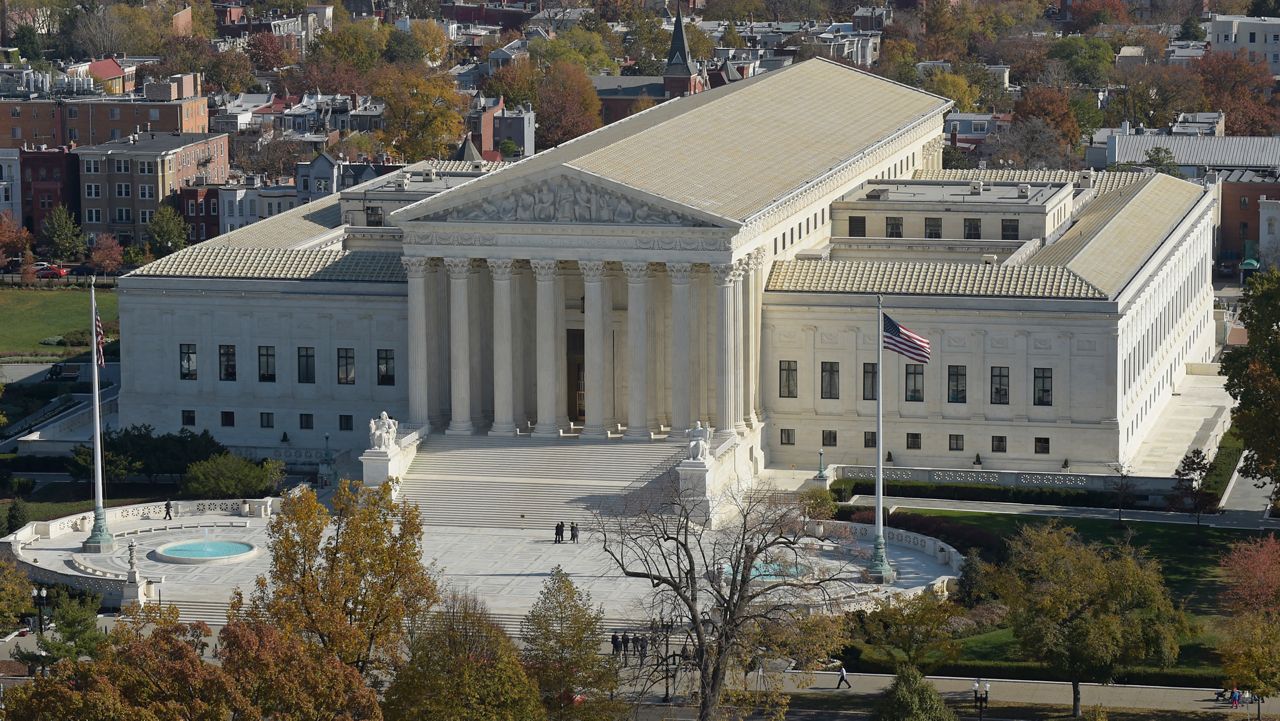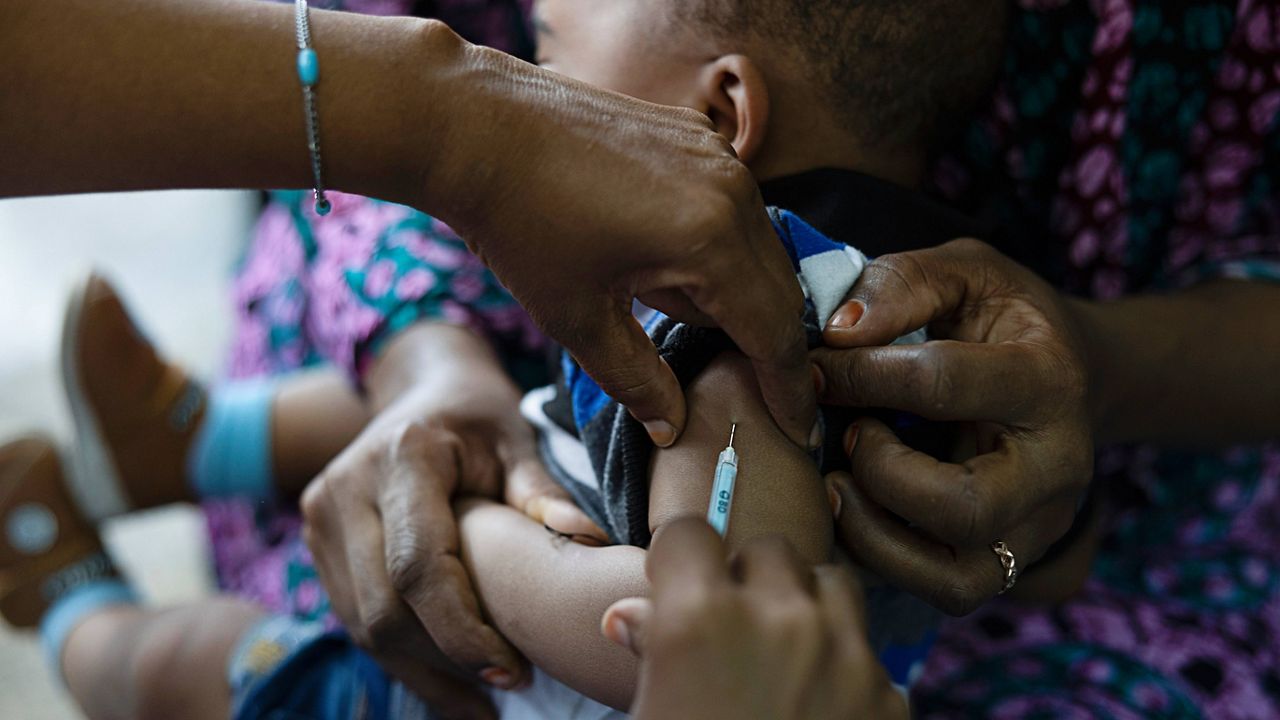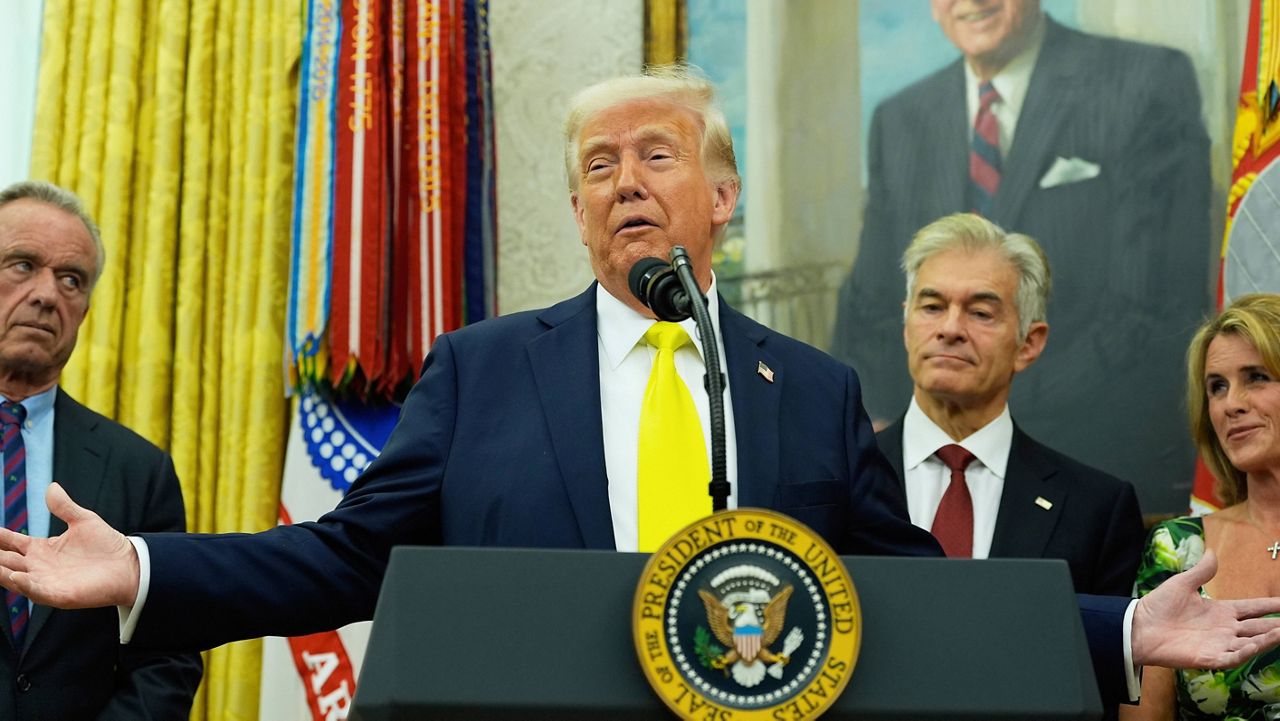The governors of Indiana and Arkansas said on Tuesday they will ask the federal government to ban soda, candy and other foods deemed unhealthy from their Supplemental Nutrition Assistance Programs. The governors will file for a waiver with the U.S. Department of Agriculture to remove those foods' eligibility in their states from the program used by 42 million low-income Americans.
The Republican governors made the decision on the urging of Health and Human Services Secretary Robert F. Kennedy, Jr., who was in Indiana on Tuesday to celebrate with Gov. Mike Braun.
“This whole generation of kids is damaged by chronic disease,” Kennedy said at a "Make Indiana Healthy Again" event in Indianapolis, where he was joined by Centers for Medicare and Medicaid Services Director Dr. Mehmet Oz and Braun.
Moving to ban soda and candy from the state’s SNAP program was among the nine executive orders Braun signed during the event.
According to the USDA, which administers SNAP, recipients can use their benefits to buy fruits, vegetables, meat, poultry, fish, dairy products, breads, cereals and other foods including snack foods and non-alcoholic beverages, including soda.
Also on Tuesday, U.S. Department of Agriculture Secretary Brooke Rollins joined Arkansas Gov. Sarah Huckabee Sanders in Little Rock, Ark., for an event where the governor submitted a waiver to the USDA to enact a similar ban on soda and candy and to include hot rotisserie chicken in the state’s SNAP program.
“Governor Sanders is confronting childhood disease head on, and it starts with what families consume,” Rollins said in a statement. “Today’s waiver announcement is a welcome one, and I look forward to moving through the approval proess swiftly. I encourage more states across the nation to follow the bold lead of states like Arkansas as we Make America Healthy Again.”
Earlier this month, Rollins and Kennedy held their first "Make America Healthy Again" event at an elementary school in Alexandria, Va., where they pledged to work together to advance President Donald Trump’s agenda to improve Americans’ health. The restrictions have been a key goal for Rollins and Kennedy and his “Make America Healthy Again” agenda.
Kennedy encouraged state governors to “champion legislation that bans ultra-processed foods and dyes in public schools and submit a waiver to the USDA to remove soda from SNAP.”
In March, West Virginia Gov. Patrick Morrissey was the first to sign a letter of intent to request a USDA SNAP waiver to prevent soda from eligibility. He also announced a plan to expand work, training and educational requirements for SNAP recipients.
The Arkansas plan, which would take effect in July 2026, would exclude soda, including no- and low-calorie soda; fruit and vegetable drinks with less than 50% natural juice; “unhealthy drinks;” candy, including confections made with flour, like Kit Kat bars; and artificially sweetened candy. It also would allow participants to use benefits to buy hot rotisserie chicken, which is excluded from the program now.
The Indiana change would exclude candy and soft drinks from the list of foods eligible to be paid for with SNAP benefits. Braun also issued executive orders changing work requirements for SNAP participants; reinstating income and asset verification rules; and launching a review of “improper payments and other administrative errors” to ensure that SNAP meets federal goals.
Antihunger groups oppose SNAP food restrictions, saying that research shows that program participants are no more likely than other low-income Americans to buy sugary drinks or snack foods. And they say that limiting food choices undermines the autonomy and dignity of people who receive a benefit of about $187 per month — or about $6.20 per day.
“They just seem to be targeting a specific population without having data that says that they are the issue or that this is going to improve,” said Gina Plata-Nino, a deputy director at the Food Research and Action Center, a nonprofit advocacy group.
The SNAP program is run by the USDA and administered through individual states. It is authorized by the federal Food and Nutrition Act of 2008, which says that SNAP benefits can be used for “any food or food product intended for human consumption,” except alcohol, tobacco and hot foods. In general, benefits are available to households with gross income at or below 130% of the federal poverty level, or about $33,500 a year for three people.
Excluding any foods would require Congress to change the law — or for states to get waivers that would let them restrict purchases, said Katie Bergh, a senior policy analyst for the Center on Budget and Policy Priorities, a nonpartisan research group.
Over the past two decades, lawmakers in several states and from both political parties have proposed halting SNAP payments for soda, chips, ice cream and “luxury meats” like steak, as well as bottled water and decorated birthday cakes. Since 2004, there have been six previous requests for waivers, including four that were not approved, one that was withdrawn and one request that was incomplete.
In rejecting the waivers, the USDA said there was no clear standard to define certain foods as unhealthy and that restrictions would be difficult to implement, complicated, costly and might not change participants' food purchases or improve health.





